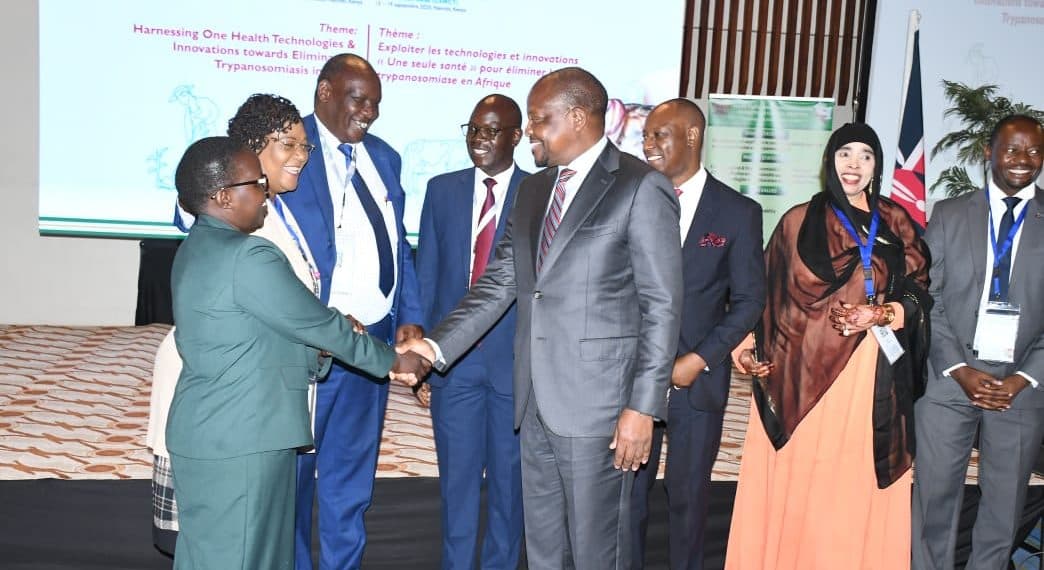We're loading the full news article for you. This includes the article content, images, author information, and related articles.
Kenya urged African nations to adopt a One Health strategy and use data-driven technologies to eradicate trypanosomiasis, citing economic losses and the need for coordinated vector control.

Nairobi, Kenya — 2025-09-16 15:10 EAT. Kenyan health officials have called on African countries to adopt a One Health approach to fight trypanosomiasis, linking human, animal, and environmental health in tackling the tsetse fly-borne disease.
Health Cabinet Secretary Mutahi Kagwe told the International Scientific Council for Trypanosomiasis Research and Control that about 23% of Kenya’s landmass remains tsetse-infested, causing US$143 million in annual losses.
Kenya has already eliminated human African trypanosomiasis (sleeping sickness) with World Health Organization validation but seeks to protect livestock and rural communities through expanded vector control.
Calls for cross-sector collaboration among health, agriculture, and environmental agencies.
Advocates using data-driven tools, digital mapping, and surveillance technologies to identify and target hotspots.
Supports investment in diagnostics, vaccines, and innovative traps to reduce disease spread.
Theme: “Harnessing One Health Technologies & Innovations towards Eliminating Trypanosomiasis in Africa.”
Delegates explored climate impacts on tsetse habitats, new insecticides, and bait technologies to suppress fly populations.
Emphasis on regional partnerships and shared data platforms to coordinate responses across African borders.
Mutahi Kagwe, Health CS: “We need data-driven technologies that create quick wins for farmers and communities.”
Scientists and donors: Urged to invest in surveillance systems and climate-resilient interventions.
Neighbouring governments: Called upon to collaborate to prevent cross-border reinfestation.
Economic impact: Protecting livestock could save millions in losses for pastoralist communities.
Regional health security: Joint action needed as climate change alters vector habitats.
Sustainability: Kenya’s success against sleeping sickness seen as a model for Africa-wide action.
Adoption of One Health frameworks by African Union member states.
Funding commitments for new vector control and vaccine research.
Rollout of digital surveillance systems in tsetse-infested regions.
Keep the conversation in one place—threads here stay linked to the story and in the forums.
Other hot threads
E-sports and Gaming Community in Kenya
Active 8 months ago
The Role of Technology in Modern Agriculture (AgriTech)
Active 8 months ago
Popular Recreational Activities Across Counties
Active 8 months ago
Investing in Youth Sports Development Programs
Active 8 months ago
Key figures and persons of interest featured in this article